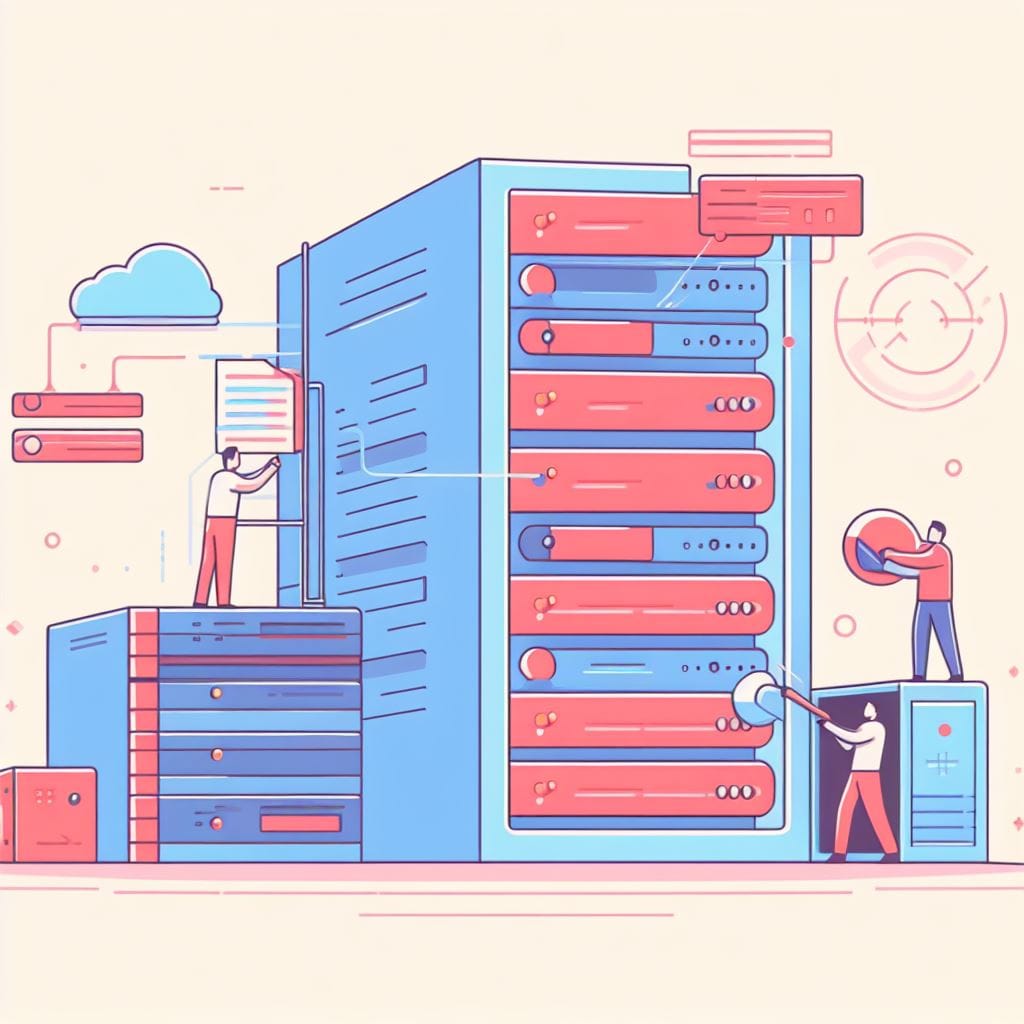The Role of Web Application Firewalls in Hosting Security

Web Application Firewalls (WAFs) play a crucial role in enhancing the security of web hosting environments. They act as a barrier between a web application and the internet, filtering and monitoring incoming traffic to protect against various online threats. Here are some key aspects of how WAFs contribute to hosting security:
- Protection Against Common Web Vulnerabilities:
- SQL Injection: WAFs can detect and block malicious SQL queries that attempt to manipulate databases.
- Cross-Site Scripting (XSS): They can identify and prevent attempts to inject malicious scripts into web pages.
- Cross-Site Request Forgery (CSRF): WAFs can mitigate CSRF attacks by monitoring and validating requests.
- File Inclusion: They can identify and prevent malicious attempts to include files from external sources.
- Signature-Based and Behavioral Analysis:
- WAFs use a combination of signature-based detection and behavioral analysis to identify known attack patterns and anomalous behavior, respectively.
- Blocking of Malicious Traffic:
- WAFs can block traffic originating from known malicious IP addresses or ranges, as well as traffic exhibiting suspicious behavior.
- Rate Limiting and Throttling:
- They can control the rate at which requests are made to the web application, preventing abuse and potential DDoS attacks.
- Content Inspection:
- WAFs can inspect the content of incoming requests, identifying and blocking potentially harmful payloads.
- Session Management:
- They can monitor and manage user sessions to prevent session hijacking and maintain authentication integrity.
- Virtual Patching:
- WAFs provide a layer of protection that can be quickly updated to protect against known vulnerabilities in web applications, even before the application itself is patched.
- Protection from Zero-Day Vulnerabilities:
- Since WAFs operate independently of the application, they can provide an additional layer of protection against unknown or zero-day vulnerabilities.
- Logging and Auditing:
- WAFs maintain logs of all incoming traffic and security events. These logs can be used for analysis, compliance, and forensic purposes.
- Compliance and Reporting:
- WAFs often offer reporting features that can assist in demonstrating compliance with various security standards and regulations.
- Custom Rules and Policies:
- They allow for the creation of custom rules and policies tailored to the specific needs of the hosted applications.
- Content Delivery Network (CDN) Integration:
- WAFs can work in conjunction with CDNs to ensure that traffic is routed through the firewall before reaching the application, providing an additional layer of protection.
In summary, Web Application Firewalls are a critical component of hosting security, providing a proactive defense against a wide range of web-based threats. They complement other security measures, such as secure coding practices, regular security audits, and timely software patching, to create a robust defense against evolving cyber threats.



